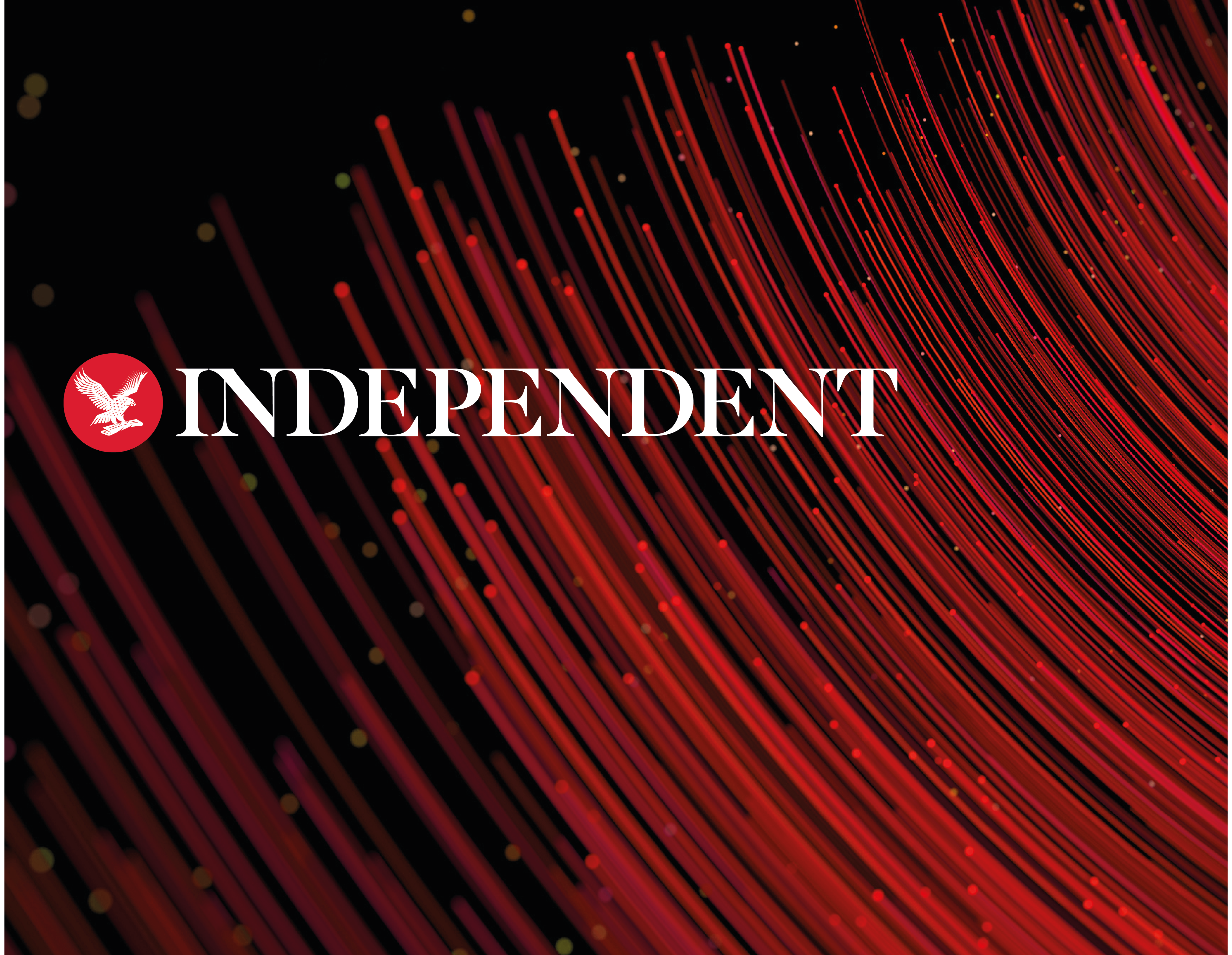Chinese viewers pan Disney's new 'Mulan' as inauthentic
The remake of “Mulan” struck all the right chords to be a hit in the key Chinese market

Your support helps us to tell the story
From reproductive rights to climate change to Big Tech, The Independent is on the ground when the story is developing. Whether it's investigating the financials of Elon Musk's pro-Trump PAC or producing our latest documentary, 'The A Word', which shines a light on the American women fighting for reproductive rights, we know how important it is to parse out the facts from the messaging.
At such a critical moment in US history, we need reporters on the ground. Your donation allows us to keep sending journalists to speak to both sides of the story.
The Independent is trusted by Americans across the entire political spectrum. And unlike many other quality news outlets, we choose not to lock Americans out of our reporting and analysis with paywalls. We believe quality journalism should be available to everyone, paid for by those who can afford it.
Your support makes all the difference.The remake of “Mulan” struck all the right chords to be a hit in the key Chinese market. Disney cast beloved actor Liu Yifei as Mulan and removed a dragon sidekick popular in the animated original to cater to Chinese tastes.
Still, the movie drew decidedly mixed reviews after its coronavirus-delayed release in China last week, with thousands panning it online.
The movie was rated 4.9 out of 10 by more than 165,000 people on Douban, a leading website for film, book and music ratings. Negative comments and jokes about the film outnumbered positive reactions on social media.
“Mulan” has earned an estimated 198 million yuan ($28.8 million) since its opening last week, and was the second most watched movie in China as of Thursday, according to ticketing platform Maoyan. It scored a higher 7.5 out of 10 on Maoyan, but also with mixed reviews.
“Poor artistic level, misunderstanding of Chinese culture lead to the film’s failure in China,” the state-run Global Times newspaper tweeted.
Chinese critics, both at home and abroad, said they were disappointed with the film’s inaccurate and stereotypical portrayals of Chinese history and the main character, infused with nationalist tropes.
Others were not as bothered.
“It’s fine that different screenwriters make up different stories," Zhang Qin, a military veteran, said after watching the film in Beijing last week. “They can play with imagination and it’s a good thing.”
IT engineer Zhang Fan also had positive things to say about the film. “What touched me is the humanity,” he said.
The remake of Disney’s popular 1998 animation is based on the ancient tale of Hua Mulan, a young woman who takes her father’s place in the army by dressing as a man.
The animated version was a global hit but earned just $30 million in China, where viewers found the movie too Americanized, according to reports at the time.
The original tale, “The Ballad of Mulan,” has gone through multiple renditions. Themes such as filial piety and being loyal to the central government have remained as core tenets, which some find outdated and problematic.
“It’s a very touchy subject in modern China because a lot of people find (filial piety) very constraining, including me," said Xiran Jay Zhao, the Chinese Canadian author of an upcoming book about the only female emperor in China. "It’s like a moral shackle for people.”
Critics also pointed out inaccurate details such as the use of a southern-style house when Mulan is likely from the north and a depiction of “qi” as a power that only boys should wield — when in fact there is no such gender restriction. Some called the makeup and costumes ugly and inauthentic.
Zhao said the film comes off more like European fantasy than a Chinese story, and noted that the film's crew was mostly white, including the director, four screenwriters and costume designer.
"They didn’t really get any Chinese people on the writing staff, and it really showed,” she said.
Jeannette Ng, a Chinese fantasy writer based in the United Kingdom, said the film perpetuates a narrative of China's majority Han people that assimilates and excludes minorities including ethnic Mongolians, Tibetans and Uighurs.
“The mainland Chinese people aren’t the mainland Chinese viewers from 20 years ago,” she said of the lukewarm response. “The culture has moved on.”
Her comments mirror the latest in a series of controversies that have hit the film outside mainland China.
The movie's final credits thank propaganda departments and a public security bureau in Xinjiang, where part of it was filmed.
China has come under widespread criticism for detaining Uighurs and other predominantly Muslim minorities in Xinjiang as part of a campaign to snuff out sometimes-violent struggle against Chinese rule.
Earlier, a boycott movement was sparked after Liu, the actor who portrays Mulan, publicly supported Hong Kong police as they battled pro-democracy protesters last year.
Hong Kong resident Sarah Chan said she does not plan to see the film, which opened in her city on Thursday.
“The main actress ... supports Hong Kong police, so I don’t want to watch it,” Chan said. “Furthermore, I think they changed the historical background of the story. It’s not the same story anymore.”
Chinese foreign ministry spokesperson Zhao Lijian defended Liu last week, calling her a “Mulan of the modern times.”
Disney did not reply to a request for comment.
___
Associated Press journalists Alice Fung in Hong Kong and Jaimie Ding in Seoul contributed to this report.